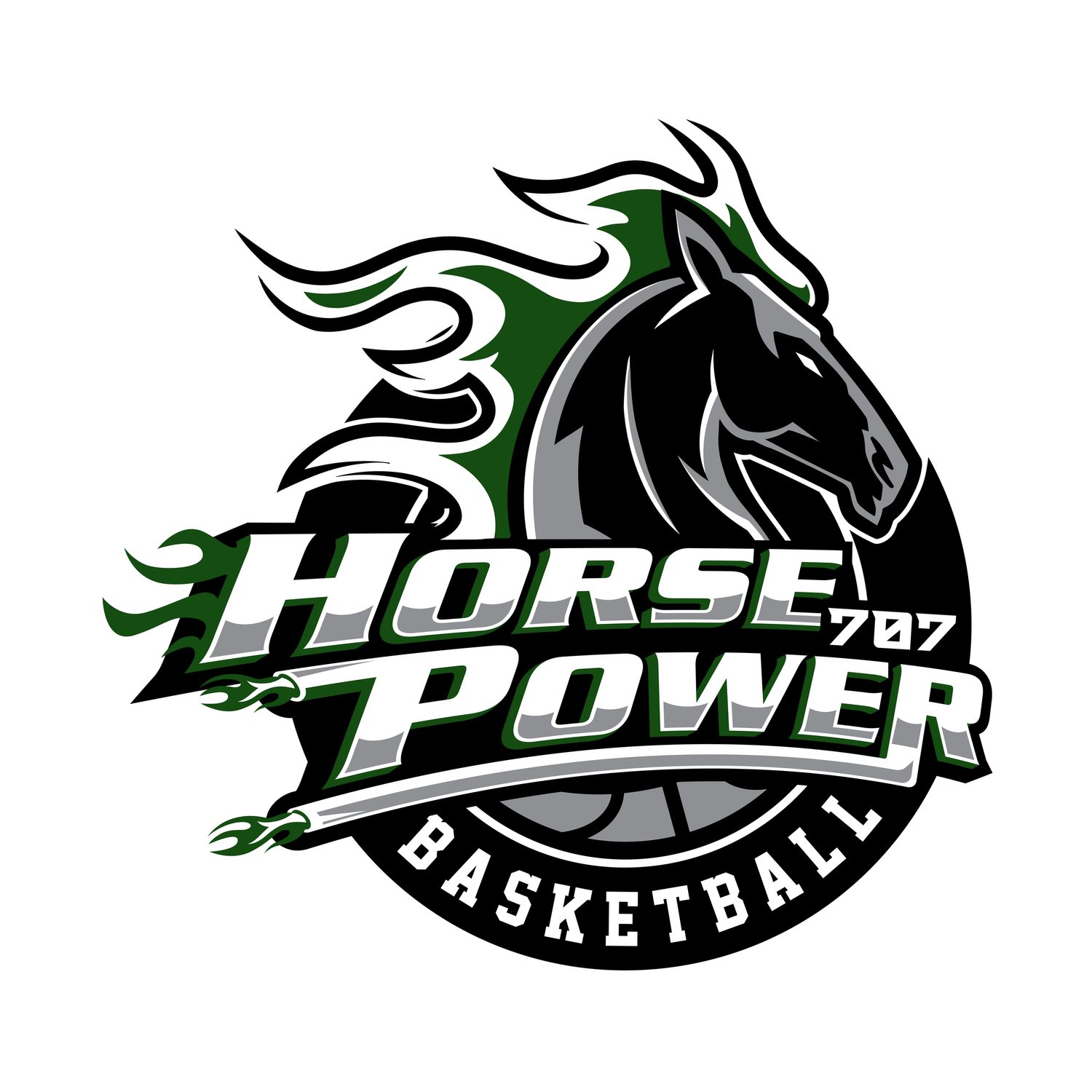🧠 Winning vs. Development: Why They’re Not the Same in Youth Sports
The scoreboard tells us who won. But it doesn’t tell us who grew. In fact, decades of research in youth sports psychology show that when the focus is only on winning, athletes may actually develop slower — physically, mentally, and emotionally.
Just like a ball going through the net doesn’t always mean it was a good shot, winning doesn’t always mean your child is becoming a better athlete.
Here’s what the science says about separating short-term results from long-term development.
1. The Scoreboard Is a Lagging Indicator, Not a Development Tool
According to a study published in the Journal of Applied Sport Psychology (2018), athletes who focus on outcomes (wins/losses) show higher levels of anxiety and lower intrinsic motivation. In contrast, athletes who focus on skill mastery show higher resilience, better retention, and more long-term growth.
Winning is an outcome metric. It reflects what happened, but not how it happened.
Development is a process metric. It’s about repetition quality, decision-making, and learning over time.
👉 Think of it this way: the scoreboard is like the “final grade,” but development is the study habits, note-taking, and effort that actually build learning.
SEO Keywords: youth sports psychology winning vs development, outcome goals vs process goals athletes.
2. The Science of Good Shots vs. Bad Shots
Motor learning research (Wulf & Lewthwaite, 2016) shows that athletes learn best when feedback emphasizes the decision rather than the outcome.
Good shot, bad process: A rushed, contested shot that happens to go in reinforces poor decision-making.
Missed shot, good process: An open, in-rhythm shot that misses still reinforces the right decision.
Over time, rewarding good process creates athletes who make better choices under pressure. This is called implicit learning, and it’s a cornerstone of skill transfer to real games.
SEO Keywords: good shot vs bad shot basketball psychology, motor learning in sports.
3. Habit Formation > Momentary Success
Psychologists call this the “habit loop” (cue → routine → reward). In sports, habits like sprinting back on defense or boxing out form through consistent reinforcement, not the scoreboard.
Wins can mask bad habits.
Losses can expose growth opportunities.
What matters most is whether the feedback loop reinforces effort, decision-making, and resilience.
👉 Example: A team may win even while playing sloppy defense, which rewards the wrong habits. That “victory” slows development.
SEO Keywords: athlete habit formation sports psychology, youth sports habits vs wins.
4. Psychological Safety Builds Long-Term Confidence
A University of Washington study (2019) found that athletes who felt psychological safety (freedom from fear of judgment) were more willing to try new skills — and as a result, developed faster.
If parents and coaches emphasize only winning, kids play “safe” to avoid mistakes. But when adults praise effort, decision-making, and growth, kids experiment more, learn faster, and build lasting confidence.
👉 Development thrives in environments where mistakes are treated as learning, not failure.
SEO Keywords: psychological safety in youth sports, confidence building for athletes.
5. Parents as Development Partners, Not Scoreboard Watchers
Parents play a key role in shaping what kids value. Research shows athletes who receive process-focused feedback from parents (effort, attitude, decision-making) show higher motivation than those who hear outcome-focused feedback (wins, stats).
Try these shifts:
From: “Did you win?” → To: “What did you learn today?”
From: “You scored a lot!” → To: “I loved how you kept hustling back on defense.”
From: “Why did you miss that shot?” → To: “That was the right look. Keep taking it.”
SEO Keywords: parenting athletes focus on growth, youth sports parenting psychology.
The Long Game: Development Outlasts Wins
Wins are fleeting. Development compounds.
A win today won’t guarantee success tomorrow.
A well-reinforced habit, mindset, or decision will.
At 707 HorsePower, we’re not chasing quick wins. We’re developing athletes who understand the difference between outcomes and growth — and who carry that mindset far beyond the court.
Final Word
The ball swishing through the net isn’t the whole story. Neither is the scoreboard. True development comes from effort, decision-making, resilience, and character.
SEO Keywords (integrated for search):
youth sports psychology winning vs development
good shot vs bad shot basketball psychology
athlete habit formation sports psychology
psychological safety in youth sports
parenting athletes focus on growth
